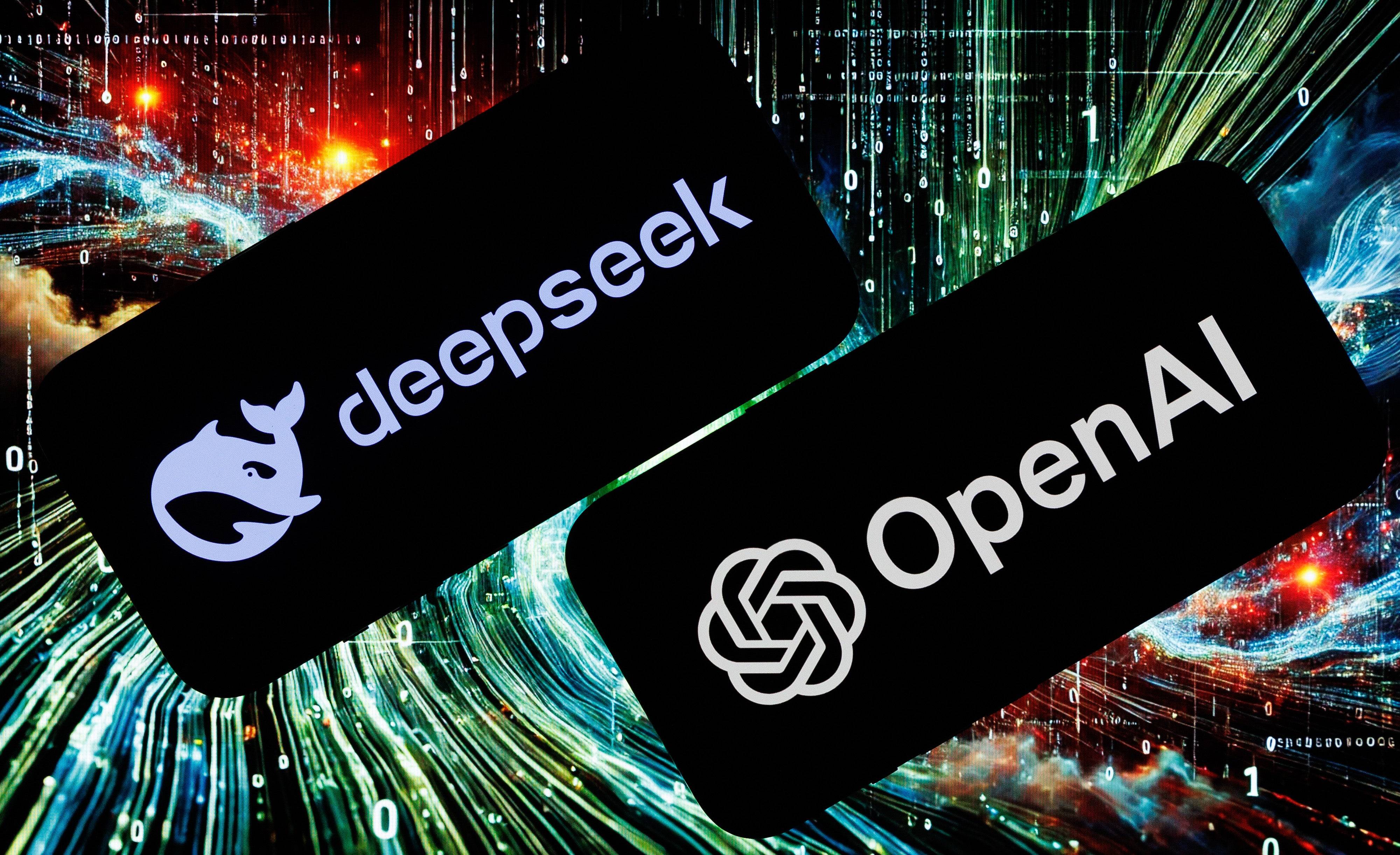OpenAI suspects that China's DeepSeek AI models, significantly cheaper than Western counterparts, were developed using OpenAI data. This revelation, coupled with DeepSeek's rapid rise in popularity, triggered a significant market downturn for major AI companies. Nvidia, a key player in GPU technology crucial for AI, experienced its largest-ever single-day stock loss, while Microsoft, Meta, Alphabet, and Dell also suffered substantial declines.
DeepSeek's R1 model, based on the open-source DeepSeek-V3, boasts significantly lower training costs (estimated at $6 million) and computational requirements than Western models. This has raised concerns about the billions invested by American tech companies in AI development.
OpenAI and Microsoft are investigating whether DeepSeek violated OpenAI's terms of service by employing "distillation," a technique that extracts data from larger models. OpenAI confirmed its awareness of such attempts by Chinese and other companies to replicate leading U.S. AI models and emphasized its commitment to protecting its intellectual property. David Sacks, President Trump's AI czar, corroborated this, suggesting evidence points to DeepSeek's use of OpenAI models.
The situation highlights the irony of OpenAI's position, given its own past accusations of using copyrighted internet data to train ChatGPT. This hypocrisy has been widely noted, particularly in light of OpenAI's previous justification for using copyrighted material in its model training and its ongoing legal battles with the New York Times and several authors over copyright infringement. OpenAI maintains that its use of copyrighted material constitutes "fair use," a claim currently being challenged in court. Furthermore, a previous ruling by a U.S. District Judge affirmed that AI-generated art cannot be copyrighted.










